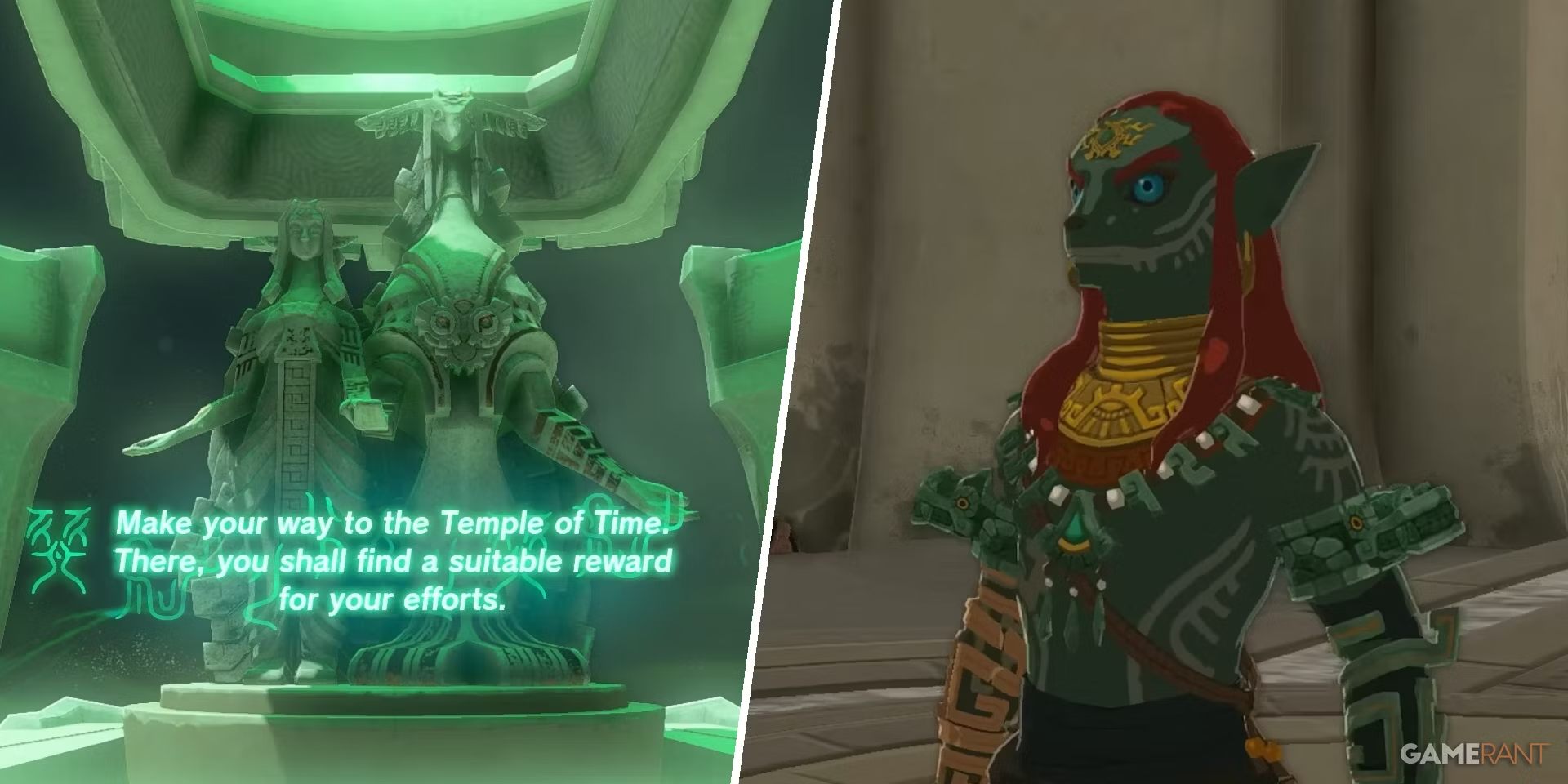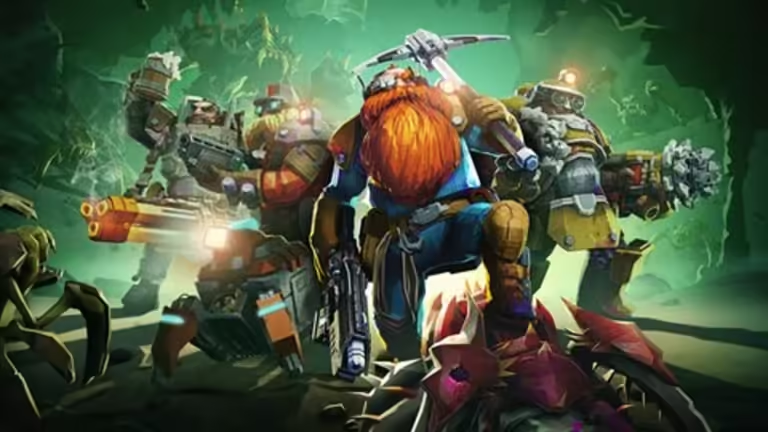Ancient Heroes Aspect: A Dive into Legendary Figures and Their Impact on Civilization

Throughout history, ancient heroes have shaped the course of civilizations, leaving behind legacies that continue to inspire. The aspect of ancient heroes reflects their enduring influence, not just in the stories passed down through generations, but also in how they personified courage, virtue, and leadership. Their deeds, often immortalized in myth and legend, offer insights into the cultural values of their times and their long-lasting impact on modern societies.
The Role of Heroes in Ancient Civilizations
From the Greek epics to Roman mythology, and from Mesopotamian legends to Norse sagas, ancient heroes have been pivotal in constructing the moral and social frameworks of their civilizations. Heroes, such as Achilles, Hercules, and Gilgamesh, were not only warriors; they were embodiments of the societal values that their respective cultures revered.
In Greek civilization, for instance, heroes like Achilles and Odysseus personified the ideals of bravery and intellect. The Greeks believed that heroism was tied to one’s arete, or excellence. It was not merely about physical strength but also about the ability to rise above challenges, whether on the battlefield or through cunning.
In Rome, heroes like Aeneas were central to the founding myths of the city. The Aeneid, written by Virgil, portrays Aeneas as a figure of duty and piety, representing the Roman ideals of honor and sacrifice for the greater good. His journey from the ruins of Troy to the shores of Italy symbolizes the birth of Roman civilization.
Meanwhile, the epic of Gilgamesh, one of the earliest recorded literary works, introduces the notion of a hero’s quest for immortality. Gilgamesh, the king of Uruk, embarks on a journey that teaches him about mortality, friendship, and the limits of human achievement. His story offers profound reflections on the human condition and the aspirations of ancient Mesopotamian culture.
Attributes and Characteristics of Ancient Heroes
What made these heroes legendary? The aspect of ancient heroes revolves around their ability to embody superhuman qualities while maintaining a connection to the mortal world. Heroes often possessed a blend of physical strength, moral integrity, and intellectual prowess.
Hercules, for example, known for his twelve labors, was renowned for his immense strength and resilience. His trials were not just physical feats but represented mental endurance and spiritual purification. Through these labors, Hercules demonstrated the virtue of perseverance in the face of insurmountable odds.
On the other hand, Odysseus from Homer’s Odyssey represents a hero defined by his intelligence and cunning. His journey home after the Trojan War is not just a physical voyage but a metaphor for wisdom gained through experience. He faces both human and divine adversaries and must rely on his wits to outmaneuver them. The Odyssey highlights how heroism can be defined as much by the mind as by the body.
Even female heroes like Atalanta, known for her speed and archery skills, challenge the traditional male-centered narrative of heroism. Her role in the Calydonian Boar Hunt and her independent spirit made her a symbol of strength and resilience for women in ancient Greek culture.
The Influence of Divine Intervention
A key aspect of ancient heroes’ tales is the involvement of the gods. In most stories, heroes are either descendants of deities or receive direct intervention from the divine. This connection to the gods elevated them above ordinary mortals and emphasized their divine mandate to perform extraordinary deeds.
For example, Achilles was the son of the sea goddess Thetis, and his near invincibility was a direct result of his divine lineage. However, his tragic weakness – the infamous Achilles’ heel – serves as a reminder that even the greatest heroes were not completely invulnerable.
Similarly, the gods often tested heroes through trials or bestowed them with powers. Perseus, who slew Medusa, was aided by Athena and Hermes, receiving gifts such as a mirror shield and winged sandals. These divine tools not only symbolize the favor of the gods but also represent the hero’s need for both strategy and strength.
Heroes as Moral Exemplars
Ancient heroes were not just warriors but also moral exemplars. Their stories were told and retold to convey ethical lessons to their audiences. Many of these legends provided moral guidance and reinforced the values that societies sought to uphold.
In Norse mythology, Thor, the god of thunder, was revered for his role in protecting Asgard and Midgard from the forces of chaos. His unwavering loyalty and strength made him a symbol of protection and reliability. Thor’s battles with giants and other chaotic forces were more than just physical confrontations; they were symbolic of the eternal struggle between order and disorder.
In Chinese legends, heroes like Hua Mulan represented courage and loyalty. Mulan, who disguised herself as a man to take her father’s place in battle, is remembered for her bravery and self-sacrifice. Her story transcends the concept of gender roles, highlighting the universal qualities of duty and patriotism.
The Legacy of Ancient Heroes in Modern Culture
The aspect of ancient heroes has not faded with time. Their legacies continue to influence modern literature, cinema, and popular culture. Films like Troy, Gladiator, and Thor are modern retellings of these ancient tales, bringing the heroic archetype into the contemporary world.
Beyond entertainment, these heroes also influence modern notions of leadership and ethics. Leaders are often described in terms associated with heroism – possessing vision, courage, and the ability to inspire others. In times of crisis, we still look to heroic figures for guidance, just as ancient societies revered their mythic champions.
Conclusion: The Enduring Aspect of Ancient Heroes
The stories of ancient heroes have stood the test of time because they speak to fundamental aspects of the human experience. They personify the struggles and triumphs that define humanity, offering timeless lessons on courage, leadership, and the pursuit of excellence. As we look back on these legends, we find that the aspect of ancient heroes continues to resonate, reminding us of the qualities we admire and strive to emulate in our own lives.




